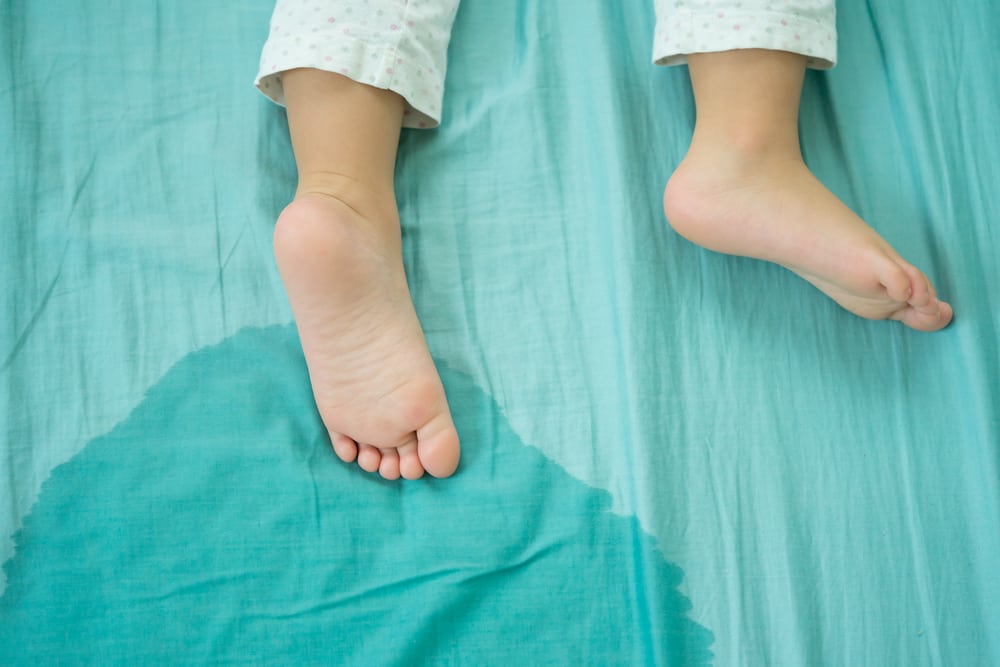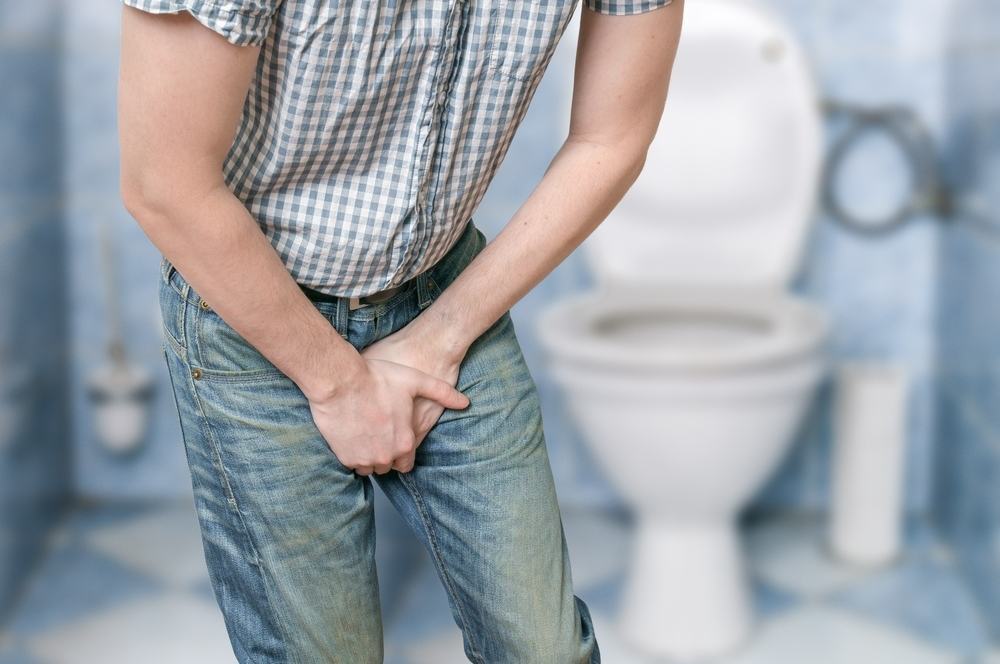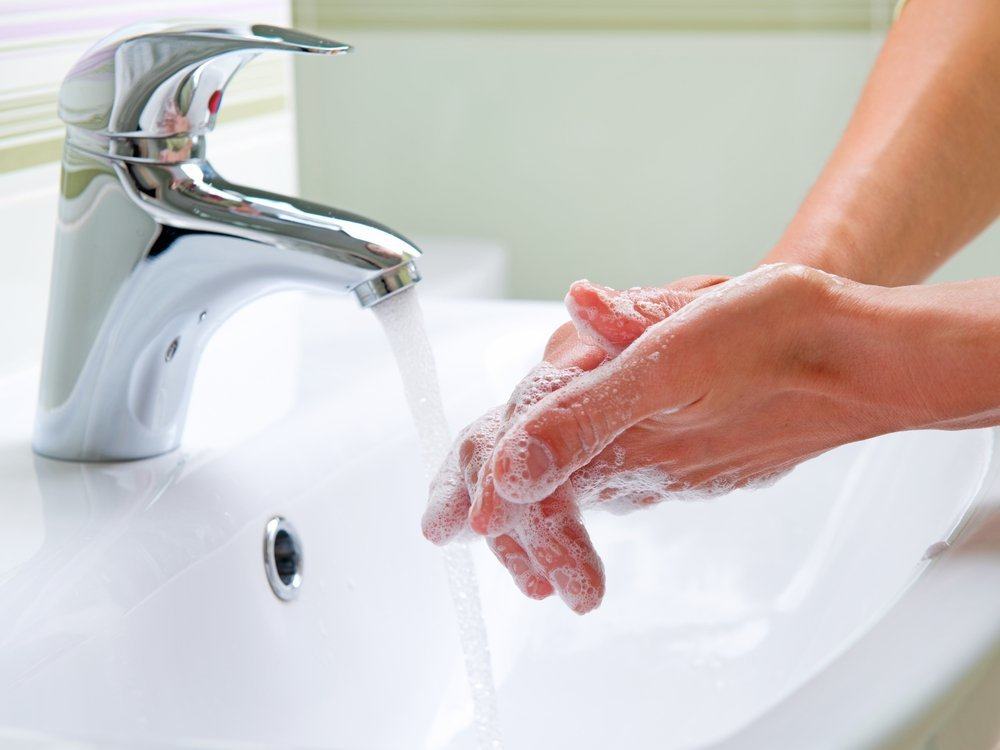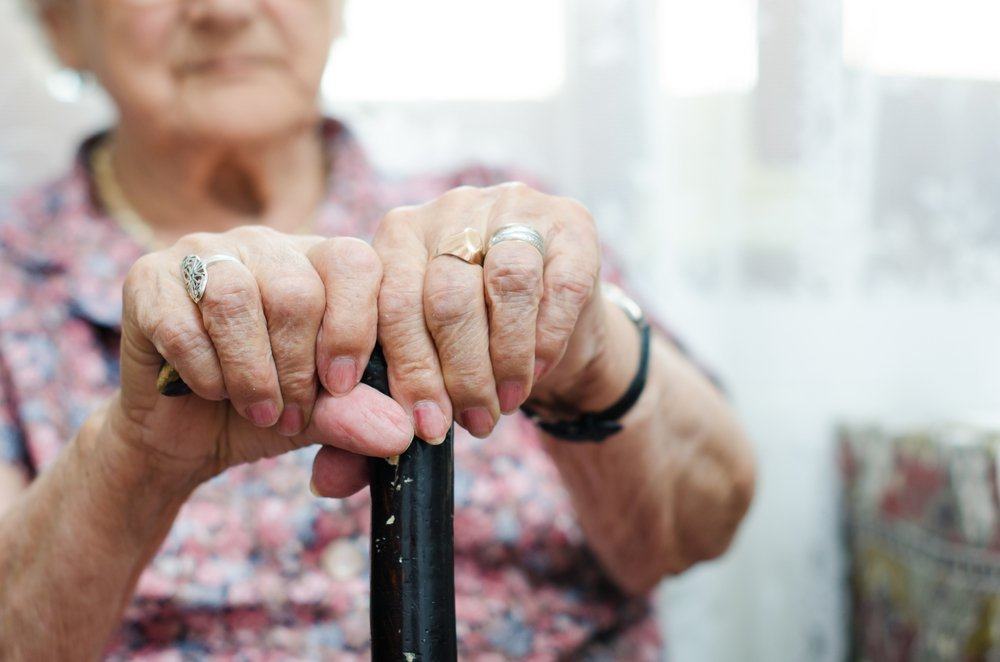Contents:
- Medical Video: Causes of bed wetting
- The cause of bedwetting is related to the ability of the bladder
- Then, how to deal with children who are still bedwetting?
Medical Video: Causes of bed wetting
Although this is not fun for your child and you, bedwetting is part of a child's natural development. According to the American Academy of Pediatrics, 20% of 5-year-olds and 10% of 6-year-olds are still wet. And this is experienced by boys 2 times more than girls. Actually, what is the cause bedwetting on the little one?
The cause of bedwetting is related to the ability of the bladder
When a child turns 6, it turns out that you still have to clean the bed several times a week because it wet your bed. This is nothing wrong. Because it turns out, the bedwetting incident in children at an older age has nothing to do with toilet training. Nocturnal enuresis or incontinence, the medical term for bedwetting is actually common in school-age children.
Bedwetting also does not mean the little one is too lazy to get up and go to the bathroom or he is stubborn or childish. Researchers found that genetic factors play a significant role.
If both parents wet their bed after 6 years of age, you can be sure your child has a 75% chance of experiencing the same thing. If only one parent is wet, the chances of the child experiencing the same thing become 44%. So, the cause of bedwetting in this case is physical, which means the child cannot control it.
For most children, the cause bedwetting occurs as a result of the development of complex body signals when your child falls asleep. Children cannot regulate the biological signal. According to Howard Bennet, M.D., author of the book Waking Up Dry, reflexively, the body empties the bladder when the child sleeps, just like when he was a baby.
Bedwetting often occurs in children aged 4 years and over because the bladder is not fully developed, and the nerves that regulate the relationship of the bladder with the brain are still developing and are trying to create relationships.
Because each child grows at their own pace, there is no definite schedule that shows when children will stop wetting their bed. In some cases, genetic factors also play a role.
Then, how to deal with children who are still bedwetting?
Usually the habit of bedwetting will stop by itself. Some experts recommend monitoring children up to 7 years of age. However, the decision to go to a pediatrician remains the right of parents. If bedwetting is considered too disturbing, please consult a doctor.
Try to drink less after 3 pm and get used to pee before going to bed. This can help reduce your child's chances of bedwetting. Besides that, kthe arena of bedwetting in general is a nerve problem, punishing or humiliating a child who is experiencing it will not help, instead it will prolong treatment.
According to Lawrence Balter, Ph.D.psychologists in New York City, United States, preferably, start by explaining to your child what is happening with his body, with words that can be understood by the child.
Also explain that there are many children who experience the same thing. Show that it is normal, and in the end, every child who wet the bed will stop the activity.
Remind them that this is not their fault. You can say like this, "When you sleep, your brain can't regulate your urination. So it's not because you intentionally did it, or because you are still a baby. Later if you are bigger, you will definitely stop wet your bed. "
If possible, you can share personal experiences about it. Therefore, let your child know that bedwetting is not something to be ashamed of, and do not scold the child, if he wet the bed. Don't let your child see or feel your frustration. The more upset you are, the more embarrassed your child will be, and that will continue to be a matter of confidence.












